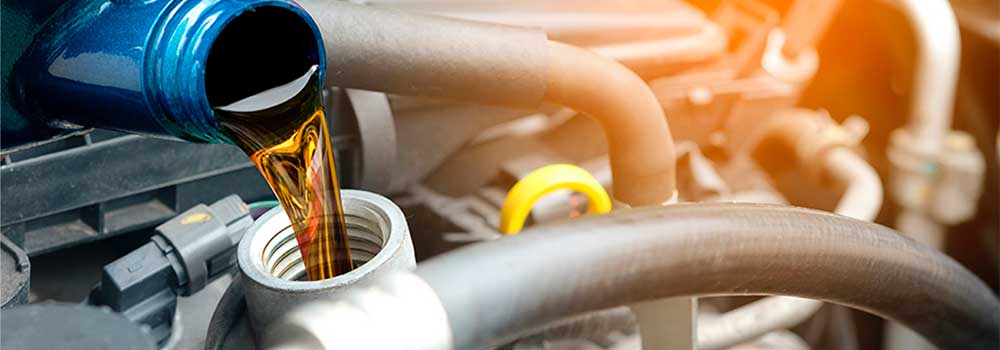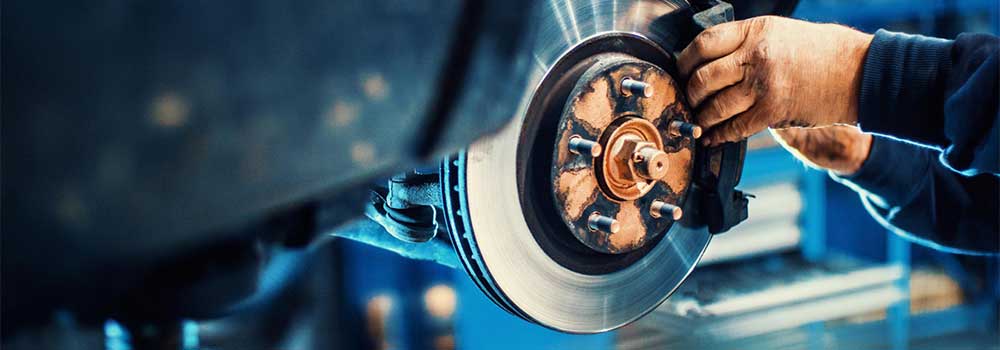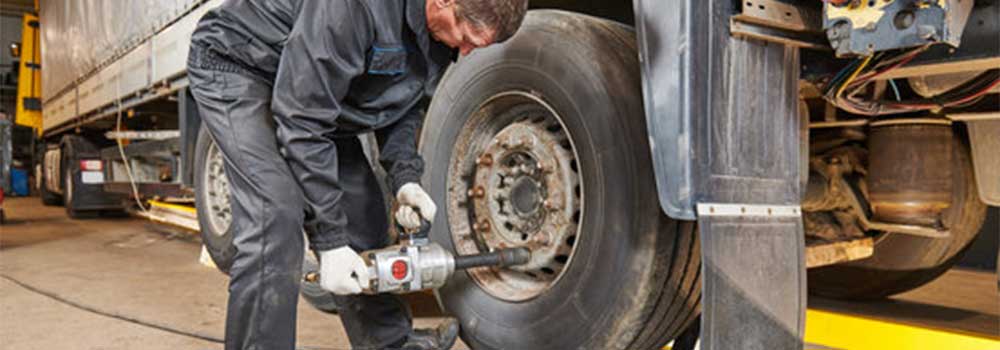Truck maintenance is an essential aspect of ensuring that a vehicle remains reliable and safe on the road. Keeping up with routine upkeep prevents costly failures and mishaps and saves money in the long run. Long-term truck dependability relies heavily on the regular repair.
Trucks require regular maintenance, including examinations, oil replacements, brake exams, and tire checks. These could be neglected, resulting in expensive fixes, reduced gasoline economy, or even mishaps.
If truck owners stick to these guidelines, they can rest assured that their trucks will last many miles and perform reliably on the highway.
This article will review the best methods for optimizing vehicle upkeep to guarantee long-term dependability. So, let’s proceed before you look for truck permitting services.
Regular Checkups
Trucks can only be relied on for a long time if regularly inspected. If truck owners examine their vehicles routinely, they can catch problems early and fix them cheaply. Pre-trip and post-trip inspections and routine checks throughout the year are necessary for safe long-distance travel.
The truck’s parts, such as the engine, gearbox, brakes, tires, and chassis, must be checked thoroughly during an examination. The sooner problems are dealt with after they are discovered, the less likely they are to escalate. The best way to avoid costly fees and penalties is to inspect your vehicle regularly to ensure it follows safety rules.
Oil Changes

A truck’s motor will last much longer if its oil is changed regularly. The oil provides lubrication for the engine and reduces the rate of deterioration. Regarding oil changes, it is critical to adhere to the manufacturer’s guidelines, from the type of oil to use to the recommended oil change intervals.
Engine failure and other expensive fixes are possible outcomes of putting off oil changes. The motor can boil and fail if the oil is ancient and filthy and can no longer provide sufficient protection. Maintenance such as oil replacements can help keep an engine running smoothly for a longer time, use less gas, and produce fewer pollutants.
Brake Maintenance

Brake inspections and repairs are essential for protecting the vehicle and other motorists. The ability to halt the car quickly and safely depends on brakes in good working order. The brake pads or wheels should be changed whenever they end their useful life. The brake cables and other parts should be inspected routinely to ensure they are in good working order.
During a brake examination, a technician should look for fissures or fractures in the brake pads or wheels. Inspecting the brake discs and cylinders for harm or undue wear is also essential. As soon as problems are found, they must be fixed to ensure the brakes work correctly.
Tire Maintenance

Tire upkeep is frequently disregarded despite its significance. Tires should be examined for damage and inflation pressure frequently. Low gas mileage, irregular tread degradation, and tire blowouts are all possible results of tires under or over-inflated tires.
The technician should look for indications of damage, such as fractures, bulges, or punctures when inspecting the tires. Tires should be changed frequently and examined for groove depth to guarantee uniform wear. Improved fuel economy means lower gasoline costs and tires correctly filling tires can help.
Preventative Maintenance
Preventative repair entails attending to issues before they escalate into more serious ones. Checking fluid levels, changing filters, and checking the condition of pulleys and cables are all part of routine maintenance. Preventative maintenance can save significant amounts of money in the long run and helps to ensure the longevity of the truck.
Keep Records
Keeping detailed records of truck maintenance is essential for tracking the health of the vehicle. This includes maintenance records, inspections, and repairs. It can also be helpful when it comes to reselling the vehicle or for tracking expenses for tax purposes.
Hire a Professional
When it comes to truck maintenance, hiring a professional mechanic is crucial. A qualified mechanic has the knowledge and experience to handle more complex maintenance tasks that may be beyond the capabilities of in-house maintenance staff.
Professional mechanics are equipped with the latest diagnostic tools and have access to manufacturer’s specifications, enabling them to identify potential issues and address them before they turn into costly problems.
Moreover, professional mechanics are up-to-date with the latest industry standards and regulations, ensuring that the truck is in compliance with safety regulations. They can also provide valuable advice on maintenance schedules, potential issues, and recommended replacement parts, helping truck owners to make informed decisions.
Conclusion
Proper truck maintenance is essential for the safety of the driver and other road users. Regular inspections, oil changes, brake maintenance, tire maintenance, preventative maintenance, and keeping detailed records are all critical components of maximizing truck maintenance.
A qualified mechanic can identify potential issues, provide expert advice, and efficiently carry out maintenance and repairs, ensuring the longevity and reliability of the truck.
By following these best practices, truck owners can ensure the longevity of their vehicles and save money in the long run.


